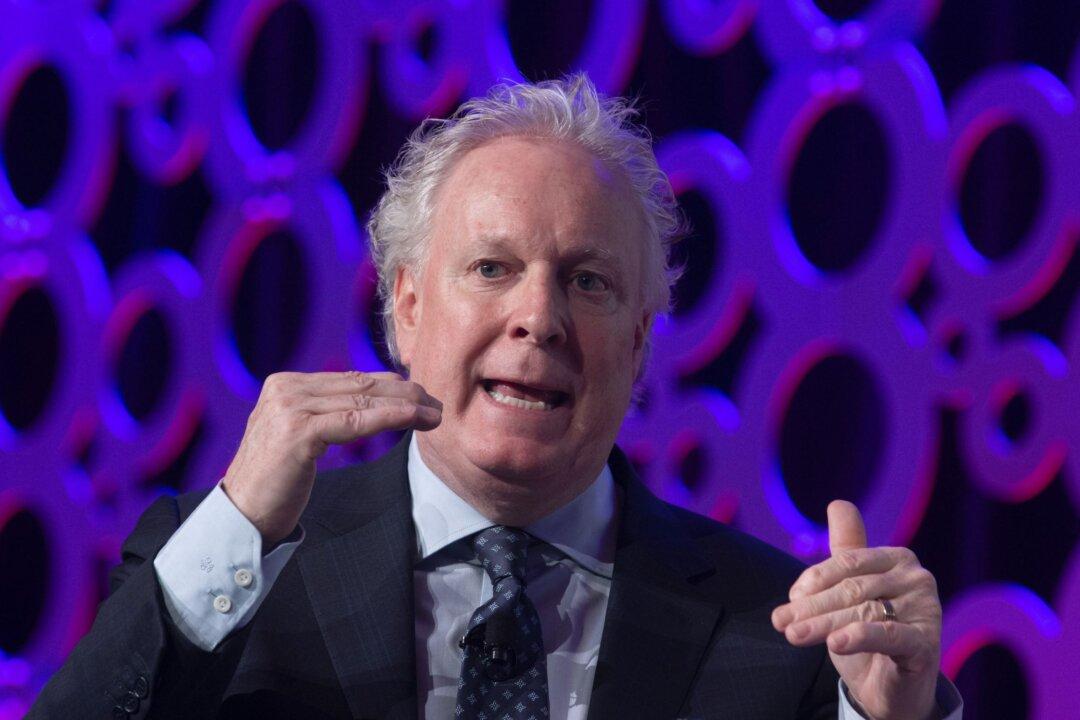Conservative Party leadership candidate Jean Charest says he would ban Huawei from participating in Canada’s 5G wireless networks if he becomes leader, staying in line with his party’s position.
Speaking at a Calgary event on March 10, where he announced his leadership bid, the former Quebec premier and deputy prime minister of Canada had said that he is “very proud” of his work for Huawei “helping to sort out the situation of Ms. Meng Wanzhou.”





